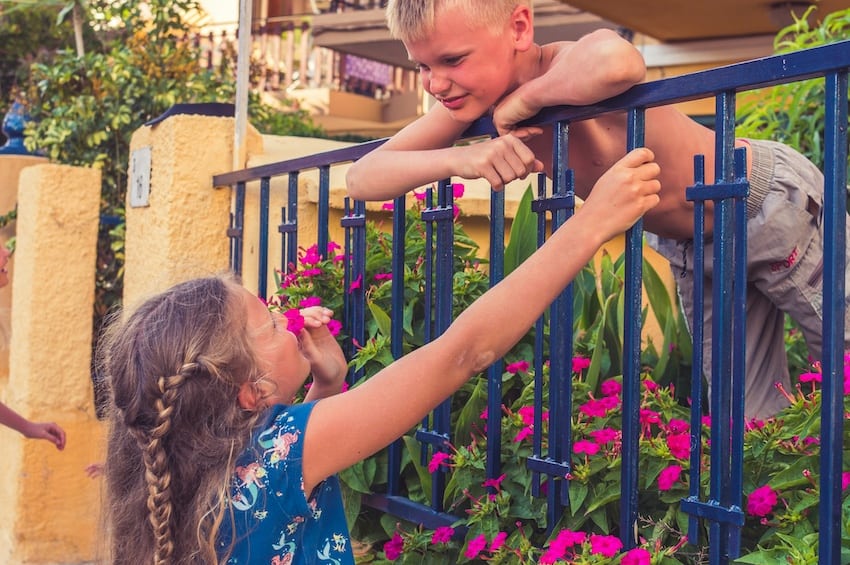¡No seas chismosa! Or chismoso, if you are a man who’s reading this. Actually, never mind, please be a gender-neutral chismosx and read what this article has to say.
What does chisme mean?

“Chisme” refers to casual or informal conversation, often focusing on personal or sensational topics, shared among friends, family, or acquaintances. It can involve anything from juicy rumors to harmless anecdotes about others’ lives.
There are a few theories about the origins of this word, but the one that makes more sense to me is the following: The word “chisme” originates from the Latin “cimex,” meaning bug or insect. Over time, it evolved to refer to the buzzing sound of insects, which metaphorically represents the whispers and murmurings of gossip. Isn’t it cool?
While there isn’t a direct translation for “chisme” in English, the closest equivalents are “gossip” or “rumor” and, when speaking about someone being a “chismoso” the closest translation will be somebody that is being “nosy”. However, “chisme” carries a sense of intimacy and cultural context that these English terms may not fully capture.
Example 1
“¿Supiste del chisme de Andrea? Que se va a divorciar.” (Did you hear the gossip about Andrea? They say she’s gonna get a divorce.)
Example 2
“– ¿Que te vas a divorciar? (Are the rumors of your divorce true?)
– ¡Ash, ya te fueron con el chisme!” (Ugh, who told you about it?)
View this post on Instagram
Example 3
– “Qué chismes hay en el pueblo?” (What gossip is there in town?)
Example 4
“– De qué hablan?” (What are you talking about)
– No seas chismosx. Qué te importa? (What do you care? Don’t be nosy!)
Being part of the chisme fosters social bonds, provides entertainment, and sometimes serves as a form of social control. While it can be viewed negatively when used to spread malicious rumors, it also serves as a means of communication and community cohesion.
I mean, who doesn’t enjoy a dramatic juicy rumor once in a while?
Paulina Gerez is a translator-interpreter, content creator, and founder of Crack The Code, a series of online courses focused on languages. Through her social media, she helps people see learning a language from another perspective through her fun experiences. Instagram: paulinagerezm / Tiktok: paugerez3 / YT: paulina gerez
